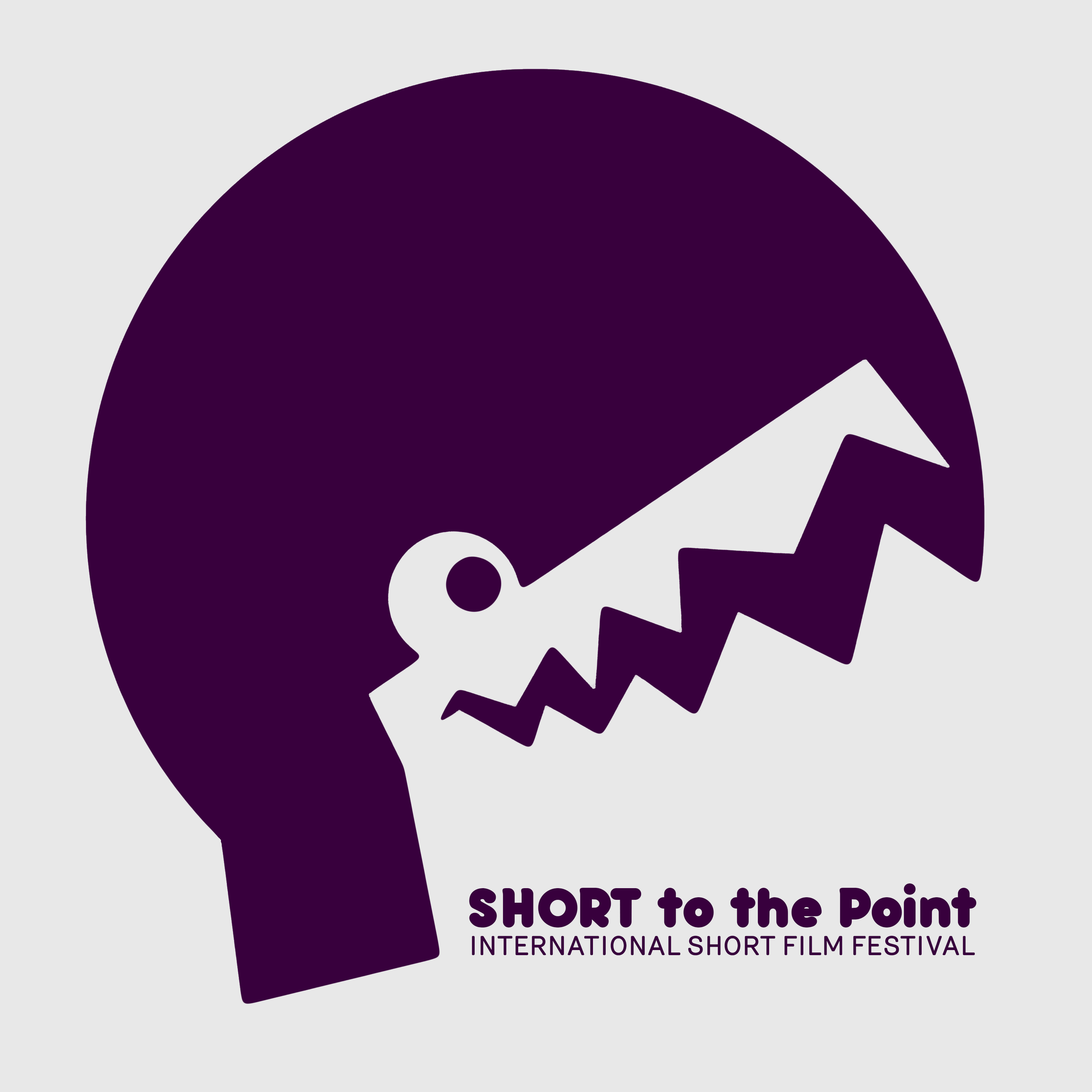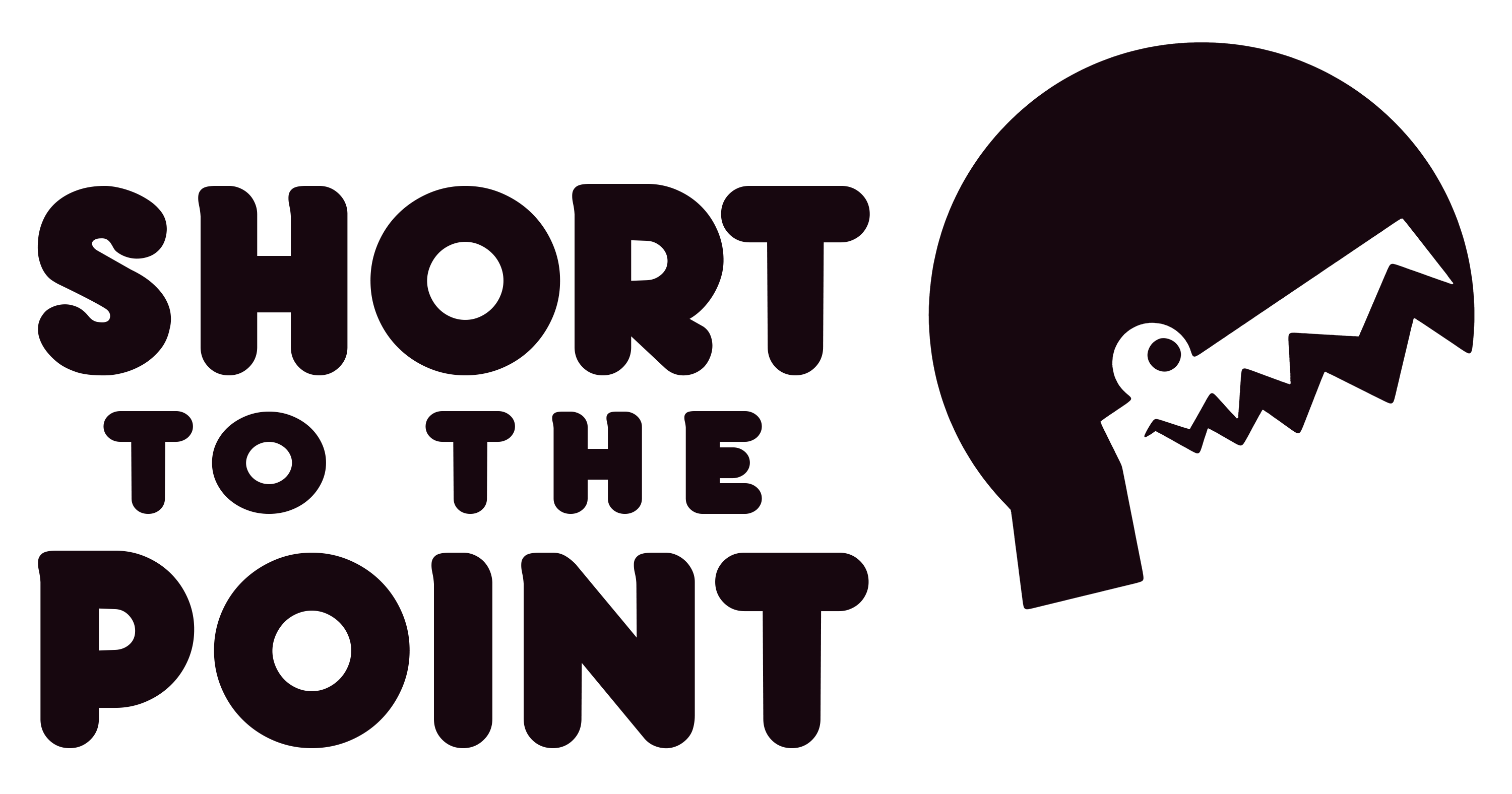SHORT BIO OF THE DIRECTOR:
Doug Bello is a director and executive producer, founder of Unsaid Studio in NYC. Awarded in multiple festivals, like Clio, Cannes, Animamundi, FIAP, and Art directors club. Doug has worked for major Brands and Studios in Brazil, Australia, Germany and US for clients as Google, Nike, Walmart, Lego, etc. Started his career as Character animator and Designer, quickly become a Multidisciplinary Creative director working for AD Studio in Brazil, Molho filmes in Brazil and R/GA in NYC. His work include a wide range of medias as stop-motion, live action, vfx, motion graphics, and character animation. Artistically Doug brings years of experience, charm, humor and ultimately soul to motion design. Giving our digital medium a human, emotional touch.
- Was there a particular event or time that you recognized that filmmaking is your way of telling stories?
Not an event in particular, normally when you are teenager you have this drive to tell things that you think will change the world (they normally don’t) and you do it without even thinking.
- Do you think it is essential to go to a film institute in order to become a successful filmmaker?
Not at all, too many resources to learn anything you want to make today for free everywhere.
- Is it harder to get started or to keep going? What was the particular thing that you had to conquer to do either?
Keep going is by far the hardest on a short movie, it is impossible to keep the energy you had when you started with the idea, so make the idea really worth your time, choose a theme that relates to you or even have more meaning, like helping people in need, it will push you to keep going.
- What was the most important lesson you had to learn that has had a positive effect on your film? How did that lesson happen?
Let it go, with a movie where lots of people are working together, there is no way you can control all of it, every detail, every action, you have to learn and adapt to make the new inputs work, and specially change your ideas.
- What were the production realities from casting through editing that you had to accommodate? How did you navigate those compromises or surprises and still end up with a cohesive film?
This is one of the biggest challenges, with a close to no budget film Try to plan your story as much as you can at the start, then let it go, because it will never be exactly how you plan it, just try to have fun in the process.
- What was the hardest artistic choice you made in the making of a film, at any stage in production?
To make it new and not use real textures as 90% of the 3d animated movies do, we had to find shapes and stylize every single object that was shown in the movie. It would be way easier to make it look like real life but we wanted to be a magical set.
- You are a collaborator. How have you discovered members of your team and how do you keep the relationship with them strong?
Collaborators come from everywhere, first close friends, then asking around artists you know, and after that go to behance, artstation or instagram to look for what you have in mind. Then try to convince people to work with you.
- What do audiences want? And is it the filmmaker’s role to worry about that?
I think people always want to be entertained, but this can mean tons of different things, a smart movie, a touching subject, a completely new and abstract way without any story? It’s hard to say… we went for a more traditional audience, with traditional storytelling that would touch more people and help TECHO with their social mission. For me a very clear story is more important than anything else, but I’m sure it’s not the same for all audiences.
- What role have film festivals played in your life so far? Why are they necessary? How do you get the most out of them?
For me in particular festivals changed my life in a big way, it made possible to get a visa to move from my original country to a new life. Also festivals help us feel better about all the effort added into making of a movie, when you win seems like you have a stamp of good work, you try to convince yourself you have a good movie.
- Do you believe that a filmmaker should be original and fresh or he/she should stick to classic but safe cinema style?
I think any style has its values, sticking to what you enjoy the most is the valuable thing here, you’re going to take a long time and a lot of effort to make a movie, so pick a very enjoyable way to spend your time. To me in particular I think there is always a way to get the classic storytelling and combine with original and fresh ways to show it. that would be the sweet spot.










